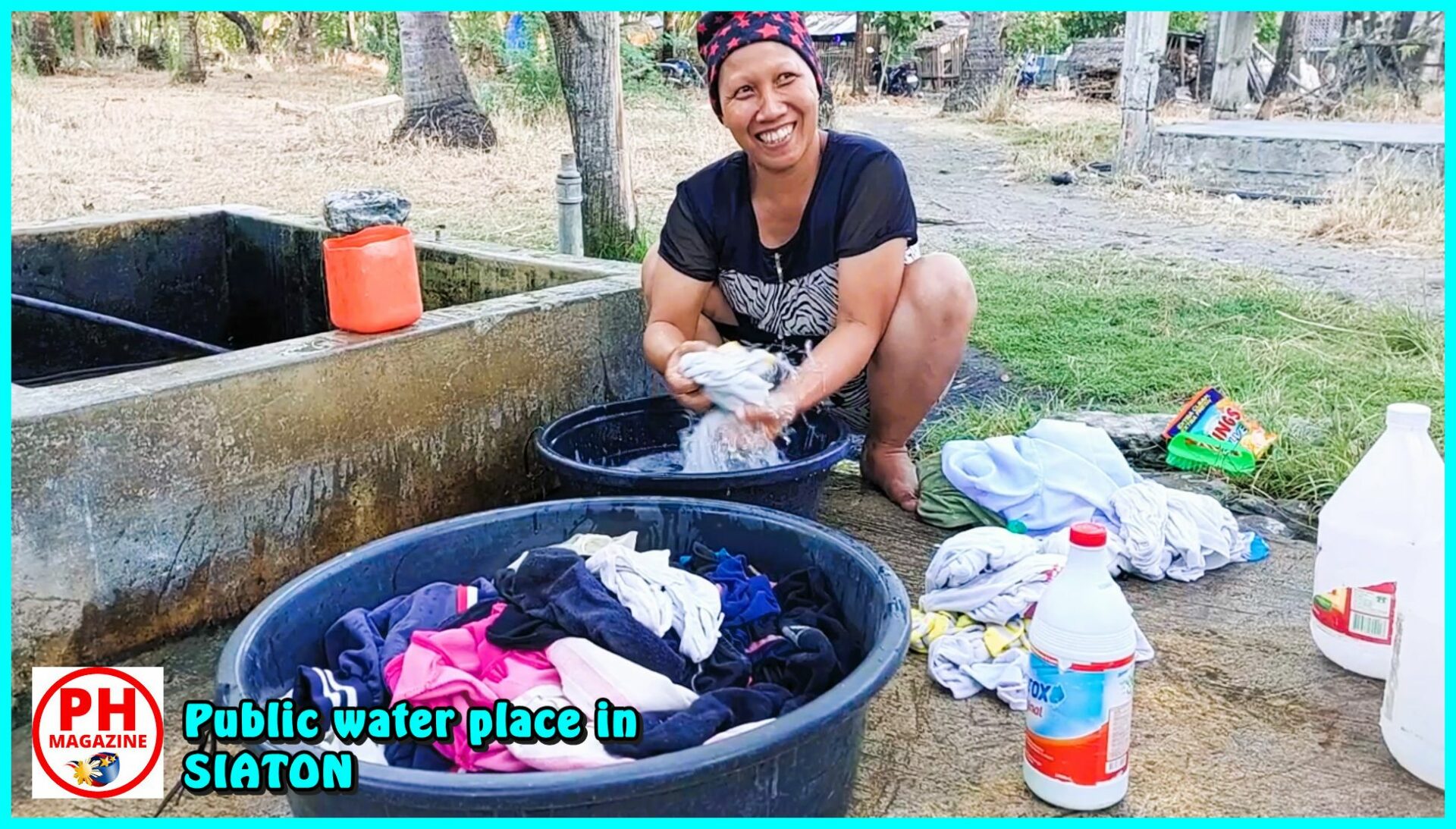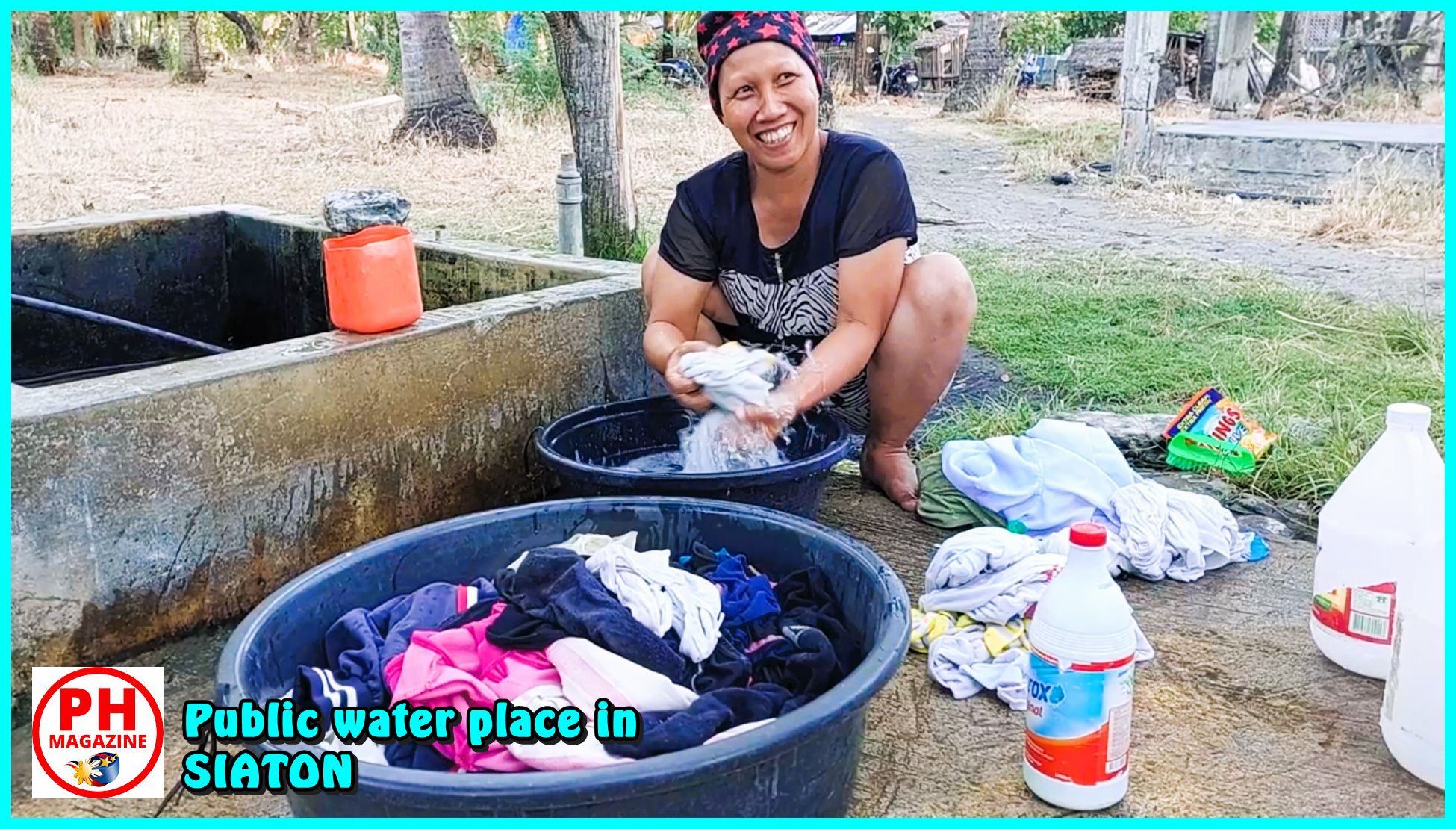Public water places in towns across the Philippines play a vital role in the daily lives of communities, serving as essential sources of water for various purposes. These water sources often include communal wells, pumps, springs, rivers, and reservoirs.

Here are some key points regarding public water places in Philippine towns:
- Community Gathering Spots: Public water places often serve as focal points for social interaction within towns. People gather at these spots while fetching water, allowing for conversations and the exchange of news and information.
- Critical Water Sources: In many rural areas, public water places are the primary sources of water for domestic use, including drinking, cooking, and cleaning. They are essential for households that do not have access to piped water systems.
- Challenges of Accessibility: Accessibility to clean water remains a significant challenge in some areas, particularly in remote rural communities. Residents may need to travel long distances to reach the nearest public water source, often carrying heavy containers of water back to their homes.
- Health and Sanitation Concerns: The quality of water from public sources can vary, raising concerns about waterborne illnesses and sanitation. Inadequate sanitation facilities near water sources can also pose health risks.
- Community Management: In many cases, public water places are managed and maintained by the local community or barangay (neighborhood) government. Community involvement in the upkeep of these water sources is crucial for ensuring their sustainability and cleanliness.
- Impact of Climate Change: Climate change can affect the availability and reliability of water sources, particularly during droughts or extreme weather events. This underscores the importance of water conservation efforts and sustainable management practices.
- Government Initiatives: The Philippine government, through agencies like the Department of Public Works and Highways (DPWH) and the Department of Health (DOH), implements projects aimed at improving access to clean water in rural areas. These initiatives include the construction of water supply systems, installation of hand pumps, and provision of water purification systems.
Overall, public water places in Philippine towns are indispensable resources that contribute to the well-being and resilience of communities. Ensuring access to clean and safe water remains a priority for sustainable development and improving the quality of life for all Filipinos.
